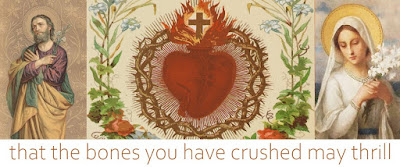| Hobsbawm: Still on the student reading list? |
He certainly was a good writer and his breadth of knowledge of the history of the twentieth century was scintillating.
None of us, as politics or history students, ever knew that Hobsbawm's views were as extreme as the century of which he wrote.
Nobody told me that Hobsbawm defended the murderous ideology of communism to the point to which he believed that millions of deaths would be 'worth it' if the new age of utopian brotherhood and sisterhood of communism would have succeeded.
There really does seem to be a moral blindspot for those on the left of the political spectrum to see the terrible errors of those who have placed their Marxist cities on a hill for the World to see.
Just about the best analysis of Hobsbawm I have seen thus far has come from a Telegraph writer who tries to understand why it is that, despite its huge death toll, the left refuse to see or to acknowledge the evil produced by its own adherents down the last century.

He was a good writer and a good historian but was gravely hampered by bringing to his work conclusions prior to investigation. It can be argued that Marxism was a hindrance which brought with it a belief in historical inevitability which made moral judgements redundant. One might regard him as in some respects the left-wing equivalent of Irving.
ReplyDeleteIt is surprising that students were not aware of his party allegiance. Together with EP Thompson and Christopher Hill he was a member of the Communist Party of Great Britain's History Group. Did students not ask questions? Did lecturers not make clear the background of authors whom they put on reading lists?
E P Thompson left the party in protest after the Soviet invasion of Hungary in 1956. It wouldn't be fair to lump him in with Hobsbawn.
ReplyDeleteAnd Christopher Hill left the party in 1957.
ReplyDeleteYet both were in the CPGB during the Stalin terror. They were certainly in the same organisation and same sub-group within it as Hobsbawm. They lumped themselves together.
ReplyDelete